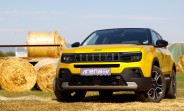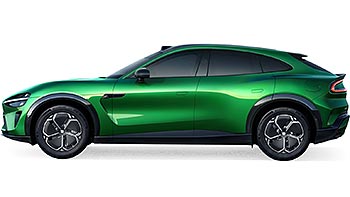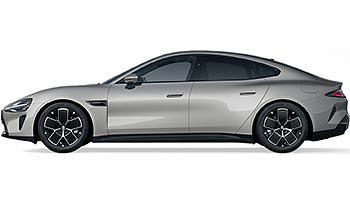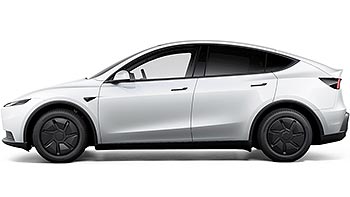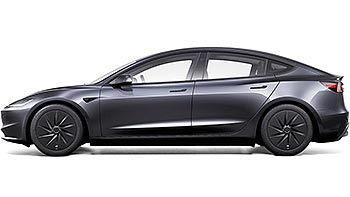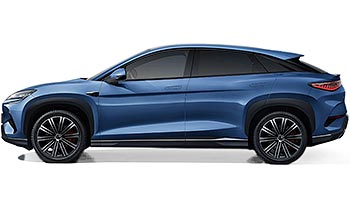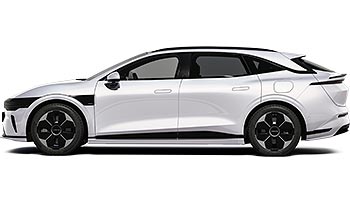Mercedes gets Level 3 autonomous driving approval up to 59 mph

Today, Mercedes is announcing that it's received approval for the Drive Pilot's Level 3 59 mph version in Germany. The sales release in the country is expected to happen in spring 2025, following the approval by the German Federal Motor Transport Authority. Those who are already Drive Pilot customers will receive this as a free update, either over-the-air or during a visit to a Mercedes workshop - there is no need to change any components, it's all software.
Drive Pilot is Mercedes' conditionally automated driving system. With the new update, it is the fastest certified Level 3 autonomous driving system in standard production vehicles. Drive Pilot is available as a $6,970 option for the Mercedes EQS.
 59 mph">
59 mph">
With the latest update, you'll be able to use Drive Pilot at speeds of up to 59 mph "under certain conditions" on the entire 8,196 miles German Autobahn network, and when Drive Pilot is activated, it is legally allowed for the driver to enjoy other activities like watching TV, streaming a movie, reading a newspaper (yes, those still exist in Germany even in the physical paper form), working, or simply relaxing.
The system has a redundant design for electrics, steering, and braking, and of course it can transfer the driving task back to the driver if need be. If the driver can't take control even "after increasingly urgent prompting and expiration of the takeover time", then the system will brake the car to a standstill in a controlled manner while engaging the hazard warning lights.
 59 mph">
59 mph">
Drive Pilot uses more than 35 sensors like cameras, radars, ultrasonic sensors, and LiDAR. Because all of these work on different physical principles, that inherently creates redundancies "for precise real-time detection of the environment", Mercedes says. Positioning accuracy is in the range of a few centimeters.
By the end of the decade, Mercedes wants to take Drive Pilot up to 81 mph. Mercedes is the world's first car maker to develop special turquoise lights that indicate to other people in traffic that the system is engaged so that they don't freak out when they see a driver watching a movie or reading a newspaper. This, Mercedes thinks, "is poised to substantially enhance public acceptance of automated driving vehicles". It also lets traffic law enforcement and police identify the system's status.
These lights haven't yet been permitted in Germany, but testing in the US last year came out with positive results, so maybe they will become standard on all cars in the next few years.
Related
Reader comments
- Anonymous
"is the world's first car maker to develop special turquoise lights" there is also Honda
- 18 Dec 2024
- xq}
- x218 0
Lol Only "small" limitations are that only select roads can be used, only during daylight, only if there's no rain, only if there's no fog and if there's heavy traffic it might disconnect. Germany has fallen so far behi...
- 18 Dec 2024
- mt4





